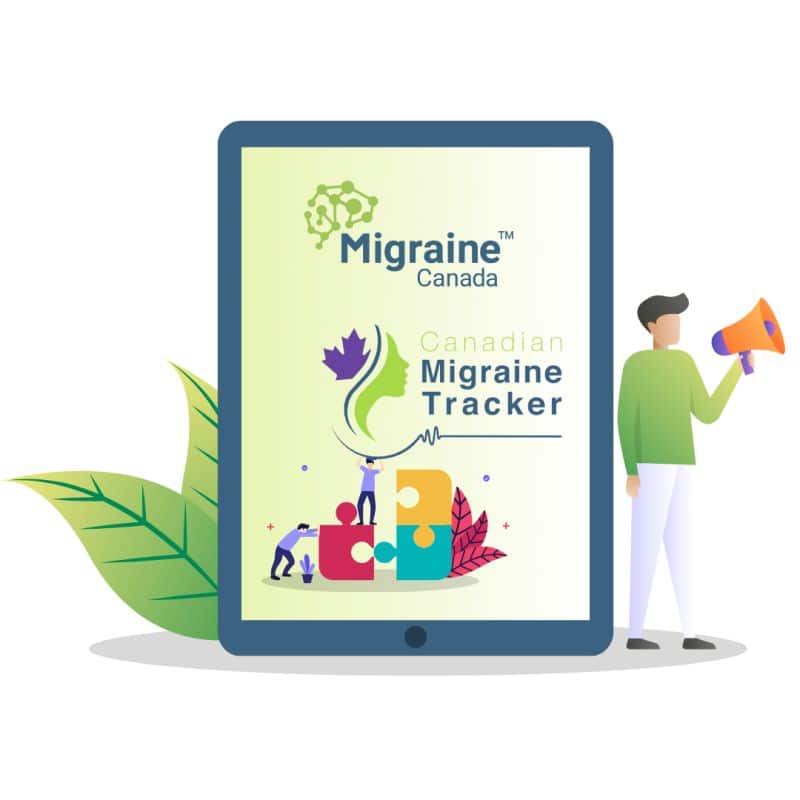Travelling with migraine can be challenging, but with the right planning and precautions, it’s possible to enjoy your trip. In this article, we share essential tips to help manage migraine while travelling. Learn how to minimize triggers, maintain a consistent routine, and prepare for potential migraine attacks. Make your travels more comfortable with these practical strategies and insights.
Is travelling a bad idea if I experience migraine?
The answer to this question depends on many factors, such as the severity of your migraine, your migraine triggers, and how the trip will affect your health. Consider these questions to decide if travelling is right for you:
- How severely will migraine impact your trip?
- Can you still enjoy your trip if you have a migraine?
- How likely are you to get a migraine during your trip?
- Is there a better time to travel?
Remember, abrupt lifestyle changes like jet lag and stress from travel can trigger migraine. For example, travelling to a destination where there’s a language barrier can be especially stressful.
Can I do anything to ensure that I don’t get migraine during my trip?
While you can’t guarantee a migraine-free trip, these steps can help reduce attack frequency or severity:
- Choose your lodgings carefully. Stay in quieter areas with less light pollution if bright lights and loud noises trigger your migraine. Ensure your accommodations support your health needs.
- Keep your schedule consistent. Maintain a consistent sleep schedule and eat regularly, even while sightseeing. If exercise helps manage your migraine, ensure you have access to exercise facilities.
- Be mindful of any changes to your health while travelling. If your migraine worsen or new symptoms appear, consult a physician, as it may indicate another health issue.
What should I prepare prior to my trip?
- Shift your sleep schedule in advance. Gradually adjust your sleep schedule before your trip to minimize the impact of time zone changes.
- Trip cancellation and travel health insurance. Consider trip cancellation insurance, especially if you have chronic migraine. Keep all necessary documentation in case you need to cancel your trip. Also, consider travel health insurance for medical consultations during your trip.
- Keep your travel plans flexible. Allow for rest days in your itinerary. Plan group activities that don’t require your participation and inform your travel companions about your condition.
What do I do if I have a migraine attack at the airport or on the plane?
Airports and airplanes can be challenging environments. If you anticipate issues, contact the airport for accommodation options like quieter waiting areas or less crowded seats. Always carry medication, noise-cancelling headphones, and a sleep mask to manage symptoms.
Conclusion
These tips aim to make your travels more comfortable despite migraine. If you have additional advice, please share it in the comments!
Post #1107



